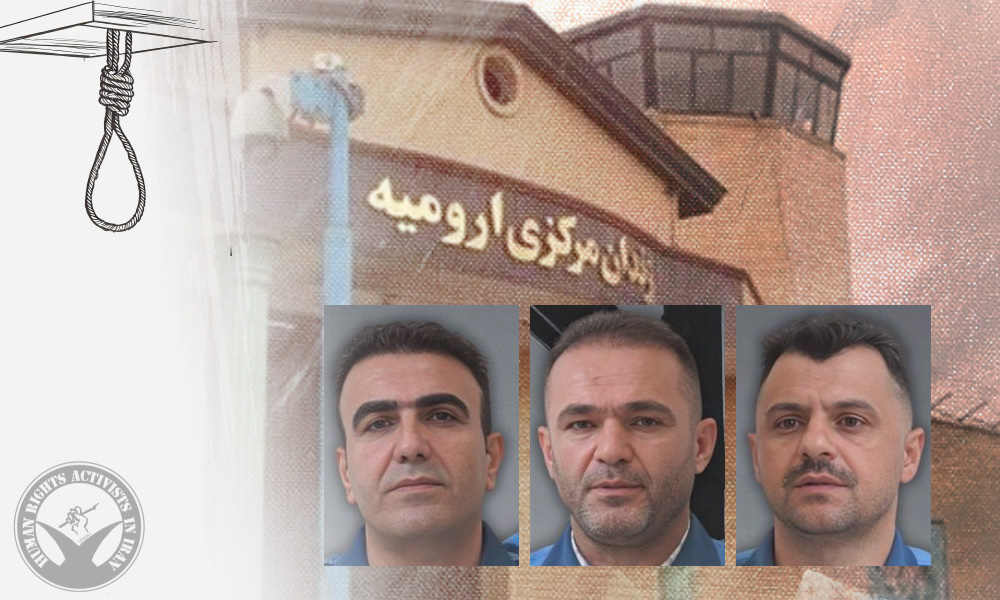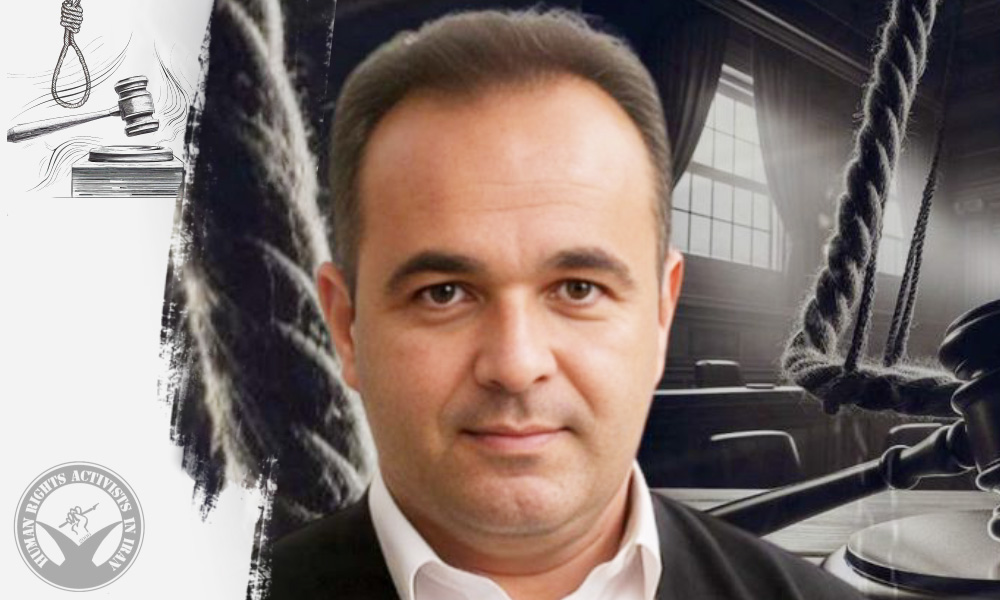HRANA News Agency – Today, June 25, Mizan, the Judiciary’s Media Center, announced the execution of Edris (Idris) Ali, Azad Shojaei, and Rasoul Ahmad, three prisoners convicted of enmity against God (moharebeh) and spreading corruption on earth (efsad fel-arz) through alleged collaboration with Israel, at Urmia Prison.
According to the Judiciary’s statement, Ali, Shojaei, and Ahmad (also referred to as Ahmad Mohammad) were accused of “smuggling equipment into the country intended for assassinations,” and were prosecuted on charges of moharebeh and efsad fel-arz for cooperating with “hostile foreign governments on behalf of the Zionist regime.” The executions were carried out following the completion of legal proceedings and the Supreme Court’s confirmation of their death sentences.
Back in November 2024, Judiciary spokesperson Asghar Jahangir announced that the three had been sentenced to death. At the time, Jahangir alleged that the defendants had “smuggled assassination equipment used in the killing of Mohsen Fakhrizadeh (Iran’s nuclear scientist), under the cover of alcohol smuggling,” and also accused them of espionage.
Edris Ali, Azad Shojaei, and Rasoul Ahmad were arrested by security forces in early 2024 and transferred to Urmia Prison.





